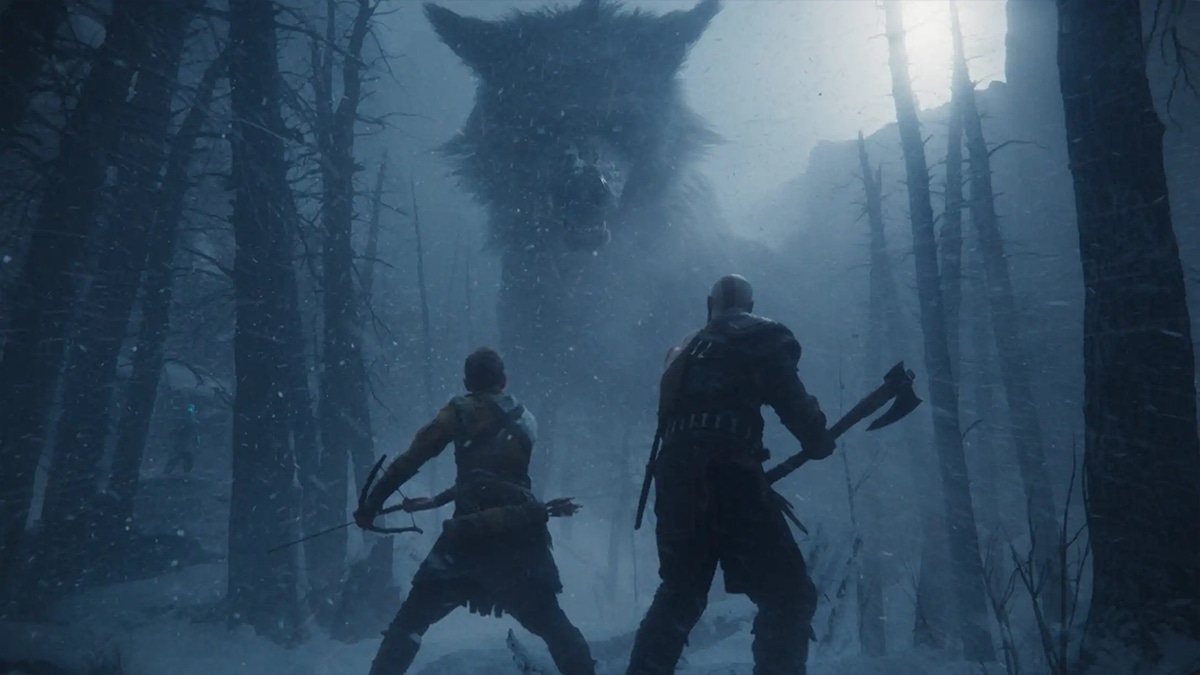Trending
Opinion: How will Project 2025 impact game developers?
The Heritage Foundation's manifesto for the possible next administration could do great harm to many, including large portions of the game development community.
Adding games to PlayStation Plus help sustain its lifecycle, said PlayStation's Shuhei Yoshida, and that sustainability can benefit third-party publishers.

At a recent discussion held by GamesIndustry, PlayStation's indie head Shuhei Yoshida explained the process behind adding new titles to PlayStation Plus. With the service's recent expansion into multiple tiers, similar to Xbox Game Pass, Yoshida remarked that its Extra tier is meant to be a boost for third-party publishers.
"Our approach is, we like to help the publishers with lifecycle management," explained Yoshida. He continued by saying that the Extra tier was for games that had the potential to thrive via word of mouth. "Some people might have missed these games when they came out...if there’s DLC or a sequel going, we can help elevate interest to a broader audience about the franchise."
PlayStation Plus' Extra tier frequently adds games from the PlayStation 4 and PlayStation 5 libraries, and Yoshida listed this year's breakout hit Stray as an example of a game that benefitted from launching day one on Extra. But he also admitted that Sony was still experimenting with the right model for subscription services, hence the reticence to put its own games on the service day one.
Sony's been quite upfront about how it views its first-party games as experiences worth paying for. PS5 titles bumped up in price to $70 and Sony head Jim Ryan argued in March that PlayStation games would suffer if they went right to PS Plus Extra on day one.
Of first-party PlayStation titles like God of War Ragnarok launching outside of PS Plus Extra, Yoshida likened it to the release structure of a Hollywood film: "A movie comes out at the theatre first, then goes to pay per view, or a subscription service, or free TV, every time generating new revenue and reaching out to a broader audience."
PlayStation believes in the "premium release" of a launch title, continued Yoshida, and for a first-party title to come to the service, sales of a game would have to drop over time. As far as when that could be, he gave a range of three months to three years.
Sony's approach to game subscriptions and its first-party works gives it a clear difference between Xbox Game Pass. All the same, its rigid stance on the way it views its own games has the potential to keep PlayStation Plus from being a real deal competitor and offering additional services on par with a friends and family plan.
You May Also Like